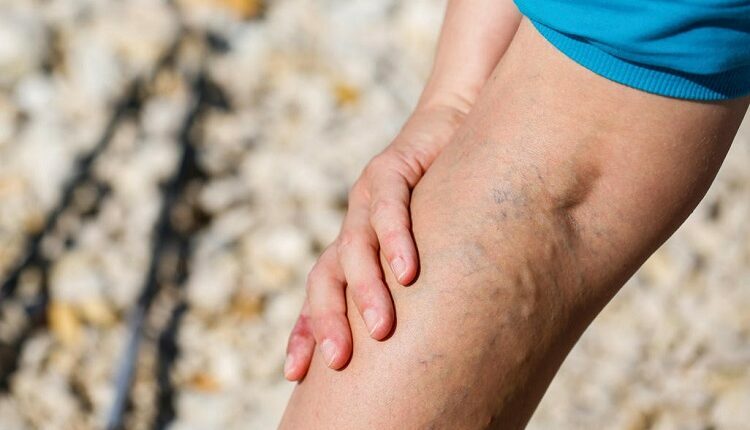Varicose Veins and Pregnancy: Your Questions Answered
Whether you’re currently pregnant or you’re thinking about having a baby, you’re probably preparing yourself for the many changes that your body will go through.
One concern that many pregnant women need to face is varicose veins. Below are three of the most common questions asked by newly pregnant women as well as those looking to start a family.
Varicose Veins and Pregnancy: Top 3 Questions
Will I definitely develop varicose veins during pregnancy?
This is a bit of a complex answer.
On the one side, if you don’t currently have varicose veins, there is very little chance of you developing them when you’re pregnant. Studies show that only about 30% of women actually develop varicose veins during pregnancy. Also, the majority of women who do develop varicose veins will see an improvement once they give birth.
With this being said, if you do develop varicose veins during your first pregnancy, there is a very high chance of them showing up during any pregnancies that follow. There is also a chance that they could stick around in between pregnancies but luckily there are treatments available that will reduce the appearance of varicose veins. Find out more about varicose vein treatments & review this before and afters gallery to see how these treatments work.
Why does this happen during pregnancy?
Pregnancy causes your total volume of blood to increase, which naturally puts additional pressure on the walls of your veins. The additional hormones in your system will also cause your veins to expand.
For most pregnant women, varicose veins are not a health threat but if they develop in the pelvis, they can be a source of discomfort. Since varicose veins can increase your risk of deep vein thrombosis and general clotting, it’s best to ask your doctor about them to be sure they’re not a problem during your pregnancy.
Is there any way for me to prevent varicose veins?
Unfortunately, there is no way to definitely prevent varicose veins from forming but there are a few things that you can do to decrease the likelihood of them showing up.
- Keep your weight within a healthy range
- Exercise on a regular basis
- Make a point of not sitting or standing for long periods of time
If you already have varicose veins, wearing compression stockings during the day will decrease swelling and further growth.
Varicose Vein Removal
Even if a varicose vein can be removed, this is not a procedure that’s recommended during pregnancy.
If you already have varicose veins, it’s advisable to treat them before you fall pregnant or in between your pregnancies to avoid any unnecessary complications.
Modern varicose vein treatments are very safe and gentle and there’s no need to receive general anaesthetic in order to treat them. Ultrasound-guided sclerotherapy, radiofrequency ablation and endovenous laser ablation are some of the most effective and popular treatment for varicose veins and a qualified doctor will be able to take you through each of these options during your consultation.

